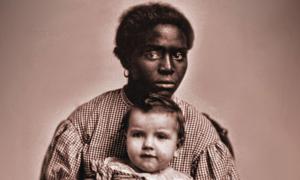Supporting Immigrant Students and Families
Immigration has been at the front of the national conversation for years. Many immigrant children experience challenges adjusting to a new country and culture and being fully included in schools. In families without immigration documentation, the fear of family separation, arrest by U.S. Immigration and Customs Enforcement (ICE), and deportation continues to cause anxiety among children and their families.
- Supporting Students from Immigrant Families
- Community Organizing Uplifts Immigrant Students
- Supporting and Affirming Immigrant Students and Families
